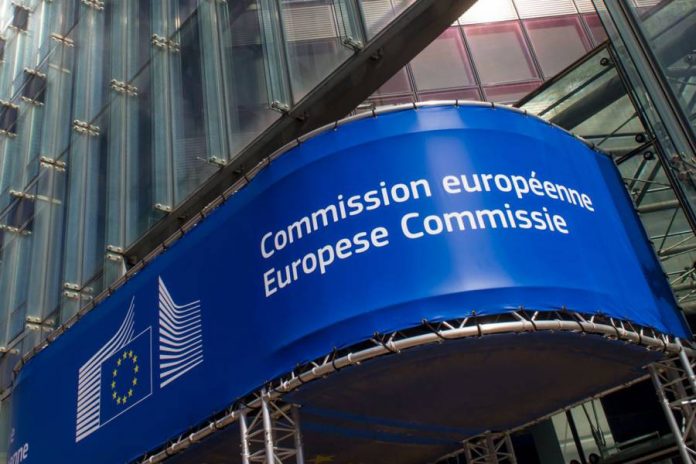
On December 20, 2016, the European Commission sent Facebook a Statement of Objections claiming the social media company gave false information and/or intentionally hid details on the WhatsApp acquisition in 2014.
The European entity is looking to fine Facebook for 1% of its turnover which is a lot of money. According to Statista, Mark Zuckerberg’s company’s net income closed at $2.38 billion during the third quarter of 2016.
The Article 14(1) of the European Union Merger Regulation allows the executive body to pursue such a significant amount of money, and Facebook has until January 31, 2017, to respond the accusation.
What is a Statement of Objections?
A Statement of Objections is the first step the European Commission takes to open an anti-trust investigation on a determined company or organization. In short, it is a formal accusation.
Once companies get the notification, the EU gives them a deadline to defend themselves. They can examine the documents to prepare a defense and ask for oral hearings before the European Commission representatives and the national officers.
There is not a time limit when it comes to resolving a Statement of Objections. The duration of the process will vary with each case depending on the complexity and other factors.
Did Facebook lie about the WhatsApp merger?
In 2014, Facebook told the European Commission the company did not have the means to establish an automated Facebook-WhatsApp link. However, the company updated its Privacy Policy to allow feedback between the two apps after only two years.
As a result, the Commission thinks the social media giant either gave lied or hid sensitive information during the merger process two years ago. So, Facebook has until January 31 to prove they did not lie during the takeover or they will have to pay 1% of its always increasing turnover.
Is the Facebook-WhatsApp merger in danger?
The European Executive Agency said the resolution of the Statement of Objections would not affect the approval of the WhatsApp purchase by Facebook. According to the press release, the Commission studied the scenario during the assessment of the merger and found both companies were not close competitors.
Moreover, the members of the EU said the current investigation did not have anything to do with online privacy, data protection, or any consumer issues, for that matter.
So far, Facebook has not issued an official statement about the accusation. If it cannot fence the European Commission’s claim, the company might end up paying more than $20 million in fines.
Source: European Commission










